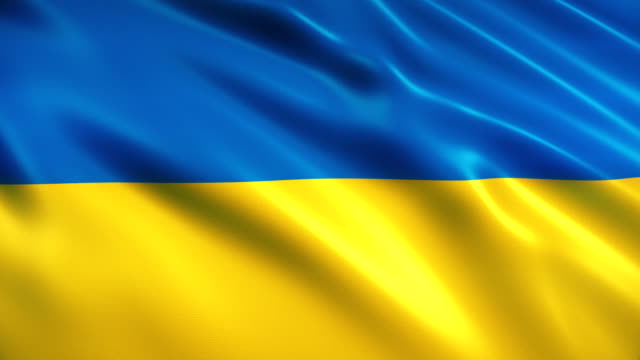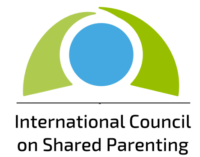The International Council on Shared Parenting (ICSP) has been very troubled with the current and future living conditions of Ukrainian children and their families.

As stated by the „Civil Society Committee on the Rights of the Child (CSC-RC)” of the Conference of INGOs of the Council of Europe in a statement dated March 10, 2022, in times of war, men largely stay to fight to defend their country or support the functioning of the society. Many of their family members flee for their safety, and others are lost in the war effort. These consequences of war are traumatizing not just for the nation, but for the families and communities affected by it.
One core belief that drives many ICSP initiatives is grounded on substantial empirical evidence that indicates children do best when they are raised by both their parents, even when the parents are no longer in a relationship with each other. Each parental figure, as well as their respective extended families and social networks contribute the support, knowledge, and social identity that children need to survive and thrive.
In times of war, children are divested from these important contributions. Ukrainian children have been deprived of their homes, parents and extended family (especially fathers and male family members), friends, toys, pets, and their cultural roots. We at ICSP support Ukrainian children and Ukrainian families, and we would like to add to the suggested efforts that other organizations have initiated.
The Conference of INGOs of the Council of Europe (March 10, 2022) has called for the following:
- the protection of children’s lives and well-being, including supporting all children and parents to find safety in the country where they wish to live, and recognition of the specific protection and support needs of different groups of children (e.g. according to gender, health condition, disability, and age group) and particularly unaccompanied children;
- the psychological assessment and support for children and adults that are most traumatised or distressed perhaps through exacerbation of a pre-existing mental health or psychological condition or extreme trauma;
- the support, counselling and social services to refugees who are least well-resourced including those from marginalised and discriminated communities, such as Roma people;
- the strengthening of existing organisations and networks that are already established on the ground and underway for years, by increasing their funding, facilitating the hiring of trained professionals and improving guidance and coordination between the different agents;
- the assurance that funding is channelled through best practice providers including relevant NGOs, and ensure inclusivity, non-discrimination and a focus on effective safeguarding children (and adults) is a requirement for funding;
- the protection of the rights of all human and child rights defenders, including children who defend human and child rights, who are exercising their right to freedom of peaceful assembly, association and expression in all countries involved.
ICSP fully supports these proposed actions, and we offer a few additional and immediate ways that countries can help support Ukranian children and families:
- Immigration policies regarding refugees should prioritize the reunification of separated family members.
- All efforts should be made to provide services that support the reconnection of Ukrainian children with the parents and extended family who have been separated from them. This intervention is crucial to restore the child’s sense of saftey, and to protect them from child abduction and illegal human trafficking. Resources from supporting networks of NGOs and governments should be dedicated to achieving this.
- Ukrainian refugees are currently scattered across the world, so an international agency should be established that is responsible for registrating, updating and keeping record of addresses and countries of destination of refugee families, and for facilitating contact with family members who are still in the Ukraine.
- As far as family court interventions are concerned, proceed with extreme caution in addressing domestic issues within the family, such as divorce or modifications of child custody and parenting arrangements, when one of the parents is still in the Ukraine. Ex parte motions should be avoided and both parents should be included in family court hearings and interventions when they do occur (e.g., allowing virtual participation of parents outside of the country). The current infrastructure in the Ukraine makes notification of court proceedings in other countries very difficult, and an absent parent’s legal rights may be highly compromised. If any legal action is taken, the action should be seen as temporary, and the time between the action and future resolution should not be held against the parent who is in the Ukraine.
- Family courts should be alert to any signs that a parent is attempting to harm the child’s relationship with the other parent (i.e., weaponizing the child against them, otherwise known as parental alienation) by undertaking court actions involving child custody and parenting arrangements.
- Family court actions involving child custody and parenting arrengements should be based on a legal presumption of shared parenting, rebuttable in cases where there has been family violence.
About ICSP
The International Council on Shared Parenting (ICSP) is an organization focused on the dissemination and advancement of scientific knowledge on the needs and rights of children whose parents are living apart, and on formulating evidence-based recommendations about legal, judicial, and practical implementation on shared parenting. For more information, please visit www.twohomes.org.
